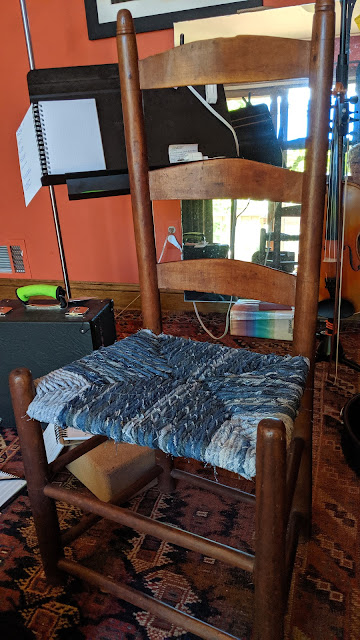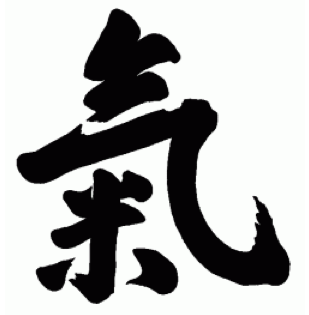Excuse Me, But You're Doing It Wrong....7 (no- 9!) Reasons NOT To Correct Your Partner in Aikido
In Aikido practice, I often see a less experienced student "correct" an experienced student. I'm sure these people genuinely feel they're offering something of value. But it's inappropriate, incorrect and detrimental to your own progress to correct people who've been practicing longer than you.
A while ago someone asked Cecelia Ricciotti (7th dan), "What do I do if I'm working with someone who has more experience, and they just plain out-and-out are doing it wrong?" "Well," she said, "You have to make a decision: Do you want to take on the role of teacher? Or do you want to continue to be a student?"
7 Reasons Not To Correct Your (More Experienced) Partner In Aikido
Post script: Cecelia kindly added the following (bringing the total to nine!):
A while ago someone asked Cecelia Ricciotti (7th dan), "What do I do if I'm working with someone who has more experience, and they just plain out-and-out are doing it wrong?" "Well," she said, "You have to make a decision: Do you want to take on the role of teacher? Or do you want to continue to be a student?"
7 Reasons Not To Correct Your (More Experienced) Partner In Aikido
- Respecting each other is one of the most important parts of our practice. You demonstrate respect for someone who has more training than you by listening to what they have to teach you. Especially if you disagree with them, it's a great opportunity to practice finding a way to respect where they are coming from.
- You may think you "know" something that your partner doesn't know. But you will actually learn more by listening and watching than by talking. This has been my experience many, many times.
- We all have a habit of talking too much during our practice. Practice not talking. Listen with your ears and your body. Maybe your partner will, too.
- Your partner is likely to react negatively to a "suggestion" from someone with less experience. They may avoid working with you in future. They may even mention their experience to others. Is that what you want?
- A more experienced partner may want to go slowly, or want you to resist less, or may hesitate and ask you to do something again. This doesn't mean they don't know what to do. They may be exploring a nuance in the technique, or some other important thought. If you're quiet, you may get the benefit of this idea once they work it out!
- Sometimes your partner actually is wrong. They may even be doing the wrong technique. It happens. So what? You may learn something even though you're doing the "wrong" thing. Maybe all you'll learn is that you have the ability to choose to say nothing.
- If you're a black belt and you're working with another black belt you don't know, you may not know which of you has more experience. How lovely! You can practice together without one of you having to take on the role of teacher.

Post script: Cecelia kindly added the following (bringing the total to nine!):
- Things that people work out for themselves have more value than things that are told or given to them. There's no harm in allowing a partner figure out what's wrong for themselves.
- Practicing with someone silently is waaaaay more fun that discussing the technique.
Thanks, Cecelia, as always, for your advice!



Comments
Post a Comment